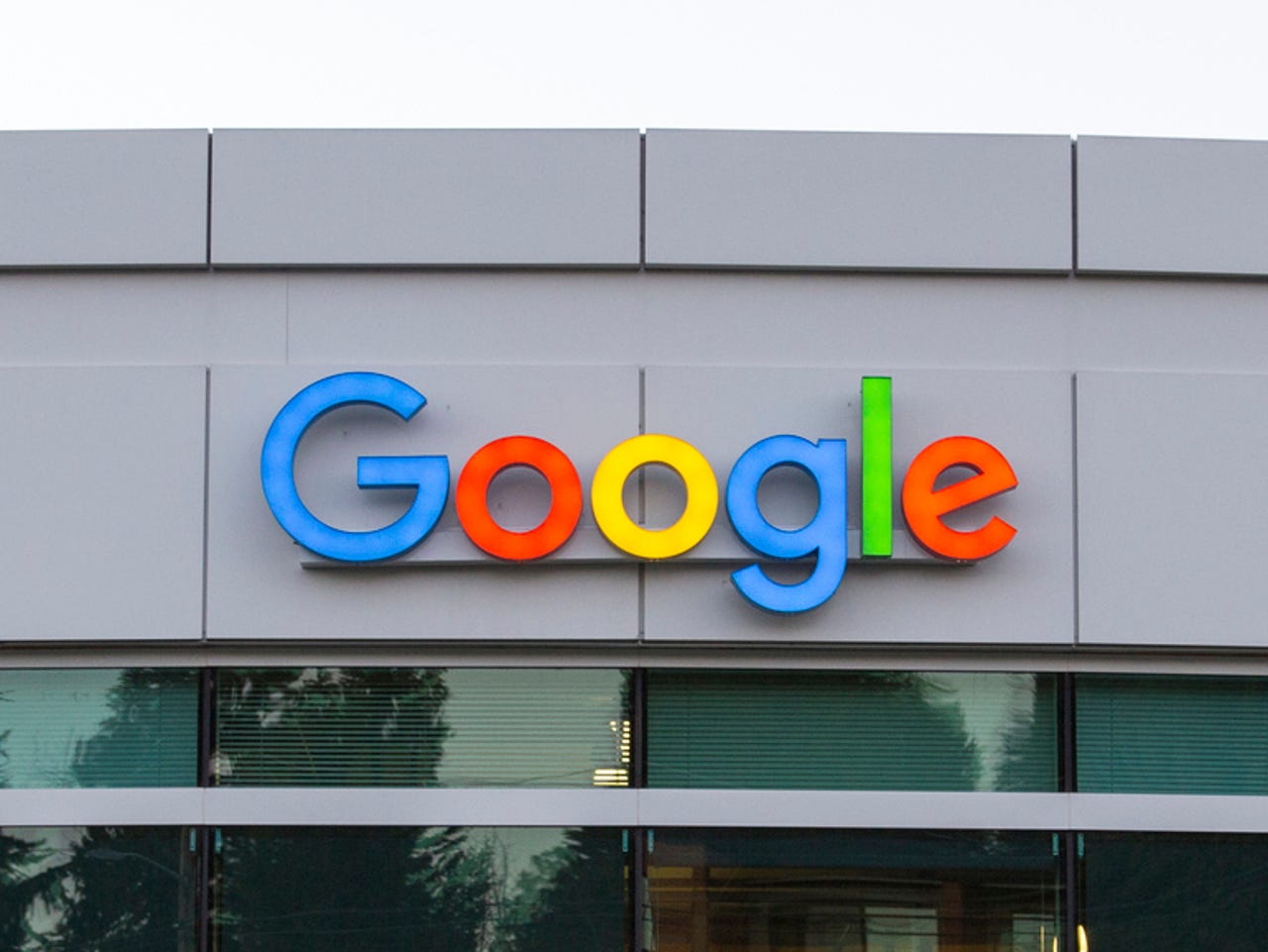Google ends forced arbitration for sexual misconduct cases


Featured
Google on Thursday announced it's reforming the way it handles sexual misconduct cases. The changes come a week after thousands of Google employees staged a global walkout in protest of the company's handling of harassment charges.
CNET: Best Black Friday deals 2018 | Best Holiday gifts 2018 | Best TVs to give for the holidays
"We recognize that we have not always gotten everything right in the past and we are sincerely sorry for that," CEO Sundar Pichai wrote in an email to employees Thursday. "It's clear we need to make some changes."
Pichai outlined the changes, which align with some of the demands put forward by protesters. Most notably, Google is ending forced arbitration for sexual harassment and sexual assault claims. When a complaint goes into arbitration, an employee waives their right to sue. Arbitration will still be an option.
"Google has never required confidentiality in the arbitration process and arbitration still may be the best path for a number of reasons (e.g. personal privacy) but, we recognize that choice should be up to you," Pichai's email said.
As protesters demanded, the company is also consolidating reporting channels for those with misconduct complaints. There will be one dedicated website and live support. Google is also promising "extra care and resources" for Googlers with complaints, "during and after the process," such as extended counseling and career support.
Google is not meeting the request to publicly release a sexual harassment transparency report. However, Pichai's email said the company will "provide more granularity around sexual harassment investigations and outcomes at the company as part of our Investigations Report."
Google is also updating and expanding its mandatory sexual harassment training, with consequences for those who do not complete it. It's also recommitting to its objectives around diversity, equity and inclusion again in 2019.
Some other demands that were not answered include a commitment to end pay inequity and the appointment of an employee representative to the board of directors.
Last week's protests followed a New York Times' report alleging that Android co-creator Andy Rubin received a $90 million exit package in 2014, even though he departed after being accused of sexual misconduct. Pichai responded to the initial controversy over the report by telling employees that Google has fired 48 employees in the past two years for sexual harassment and that Google is now "dead serious" about being a safe and inclusive workplace.
TechRepublic: A guide to tech and non-tech holiday gifts to buy online | Photos: Cool gifts for bosses to buy for employees | The do's and don'ts of giving holiday gifts to your coworkers
This isn't the first time this year that Google has responded to employee protests. In May, employees protested Google's contract selling AI technology to the Pentagon for drone video analysis. The company ultimately decided it would not bid to renew the contract.
Best gifts for co-workers under $50 on Amazon
Related stories:
- Google employee protest: Now Google backs off Pentagon drone AI project
- Google CEO Sundar Pichai: We've fired 48 employees for sexual harassmen
Black Friday 2018 deals:
- Black Friday 2018 and Cyber Monday 2018: When and where to get the best deals
- Walmart Black Friday ad features $99 Chromebook, $89 Windows 2-in-1 laptop
- BJs Wholesale Black Friday ad leaks with laptop, desktop, tablet deals
- Target Black Friday ad includes $250 iPad mini 4, $120 Chromebook deals
- Costco kicks off Black Friday ad leaks season with $250 iPad, pair of $200 laptops
- Amazon Black Friday 2018: See early deals on Echo, Fire HD, and more
- Dell Black Friday ad features $120 Inspiron laptop, $500 gaming desktop